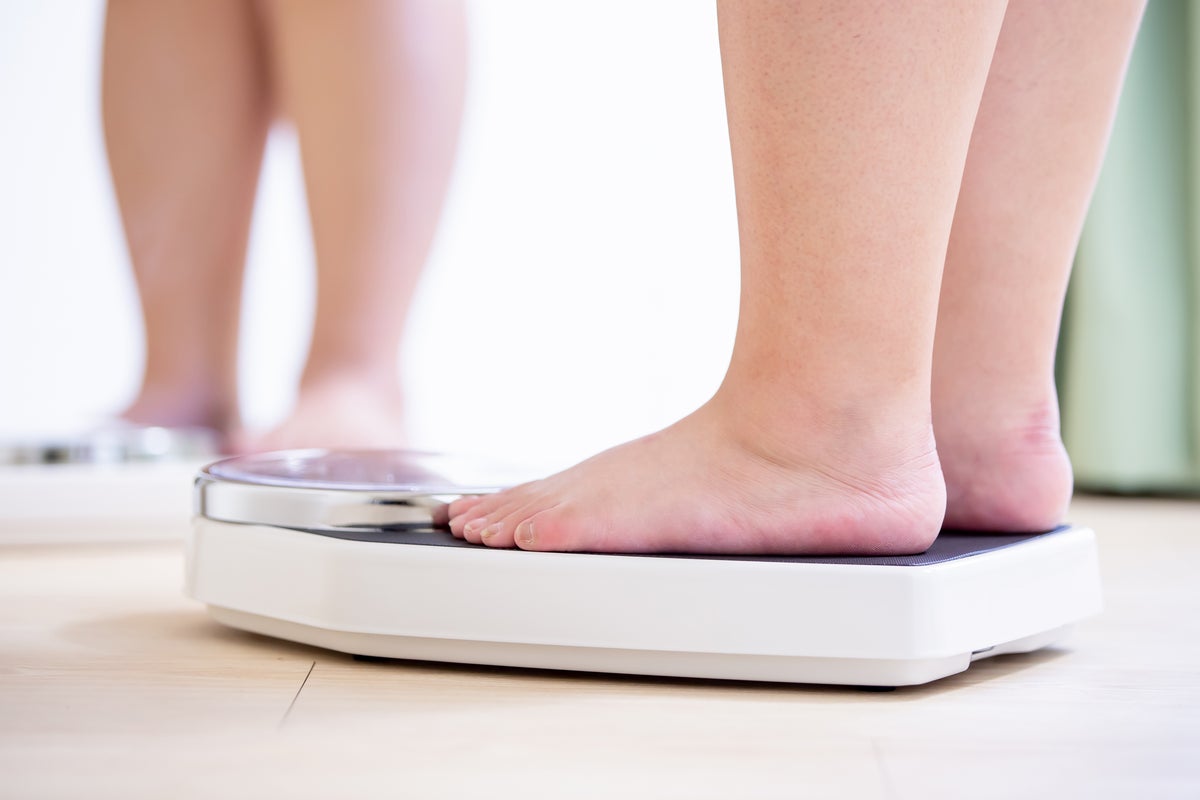Eggs, including cholesterol, are among the healthiest foods you can eat. Loaded with protein, vitamins, and calcium, eggs offer various benefits, including strengthening your vision, heart health, and even weight management. According to experts, if eggs are raising your cholesterol, it is usually good cholesterol.
They also negatively affect bad cholesterol, which protects your health. Why do people think eggs are unhealthy? Whole eggs consist of two main components—egg whites, which is the part loaded with protein, and yolk—the yellow or orange part rich in nutrients. However, it is widely believed that eggs are considered unhealthy since the yolks are high in cholesterol.

Related News | Here's Why Cinnamon Fennel Water is Your Perfect Morning DrinkFrom Easy Digestion To Weight Loss, 5 Reasons Why You Should Drink Warm Water With Ghee Every MorningCholesterol is both found in food and made by your body. According to studies, high blood cholesterol can lead to heart disease, and so, it is recommended to limit dietary cholesterol, which has led to the belief of not eating eggs often. Cholesterol in eggs Doctors say eggs are high in cholesterol.
In fact, they’re a significant source of cholesterol, as two large whole eggs contain about 411 mg of cholesterol. Until recently, the recommended maximum daily intake of cholesterol was 300 mg per day. It was even lower for people with heart disease.
However, according to the latest studies, health organisations in many countries no longer recommend restricting cholesterol intake. Doctors say just because a food is high in cholesterol, it doesn’t necessarily mean it raises cholesterol levels in your blood. Related News | Move Over Mediterranean Diet: African Cuisine Reduces Your Risk of Cancer, Heart Attack and StrokeHow does eating eggs affect your cholesterol? Since it is your liver that produces cholesterol—a necessary nutrient for your cells—sometimes, when you consume larger amounts of high-cholesterol foods like eggs, your liver produces less cholesterol because more of it is coming from your diet.
But because of this, your blood cholesterol levels do not change significantly. Do eggs spike the risk of heart disease? According to various studies, eggs affect heart disease risk factors in various ways. Eating one to two whole eggs daily does not change cholesterol levels or heart disease risk factors.
Neither does it change any biomarkers of total or bad cholesterol or glycemic control in those who are overweight or have obesity. On the other hand, experts say eating eggs may lower the risk of metabolic syndrome. Eggs are also a part of a low-carb diet, which improves markers of heart disease in those with insulin resistance or type 2 diabetes, which includes the size and shape of LDL particles.
Even though bad cholesterol tends to stay the same or increase only slightly when you eat eggs, HDL, or good cholesterol, typically increases. Other health benefits of eating eggs Eating eggs has various health benefits, which include: Keep you full for a longer time and promote fullness Protein in eggs increases metabolic rate and helps you lose weight Eggs are packed with choline - important for your brain health The lutein and zeaxanthin in eggs protect against eye diseases like cataracts and macular degeneration Eggs reduce inflammation, which is linked to various health conditions.
Health

Are Egg Yolks Good or Bad For You? Here's How They Affect Cholesterol Levels

Eggs are an excellent source of nutrient-rich foods, which are beneficial for your overall health and well-being. Mostly, eating eggs does not increase cholesterol levels; however, when they do, they only increase HDL, or good cholesterol, in a bid to reduce the risk of diseases.















